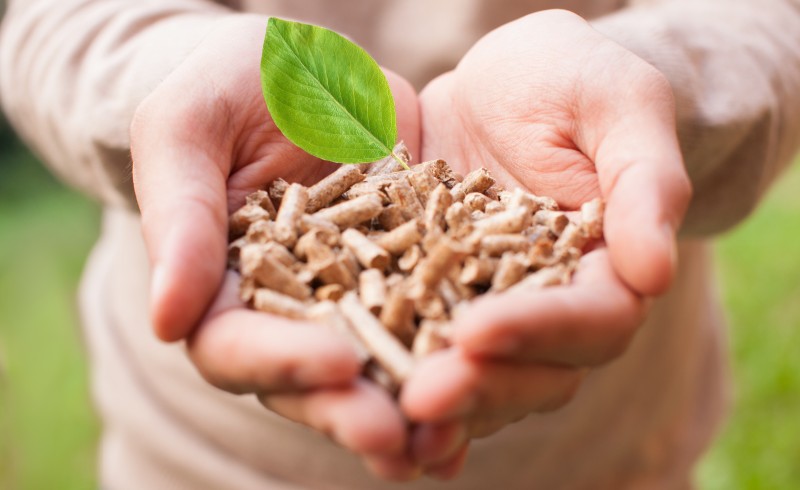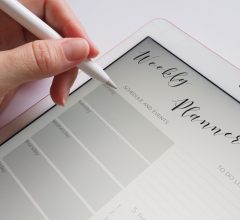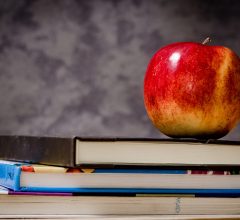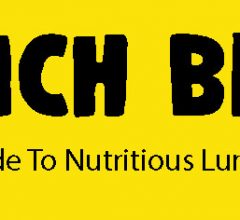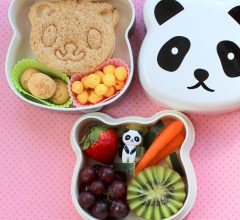We are all trying our best to help save the planet bit by bit. With climate change becoming increasingly worrying, you may have heard the term bioeconomy being used but what exactly is it? Firstly, it is a response to environmental challenges facing the world today. Secondly, it is using our natural resources and converting them into a valued product, through sustainable processes. The key to this is to encourage sustainable production of renewable resources. Sustainability is the ability to maintain a certain level or rate of something. In this case we need to sustain nature. It is vital that we all at both an individual level and at population level, try to reduce our dependency on the natural resources, such as; fossil fuels, wind, sun, soil, water.
This is a trend that first started by producing food in a way that did not damage the earth and packaging foods in recyclable packaging. Now, climate change is on the rise and at some point, natural resources will run out. Therefore, it is our duty to play a more active role to help Ireland specifically become bioeconomic. Being bioeconomic means using our natural resources and making valued products out of them.

Greenhouse gas emissions are expected to increase by 20% by 2030 from the agricultural sector alone. This will need to be reduced in order to provide safe and secure food for the growing population. This will allow us to try and use the resources we have efficiently and create a low carbon society. The population is increasing and is said to reach 10 billion by 2050. This will have a huge impact on the food chain, resulting in a 70% increase demand on the food chain globally. Therefore, the transition from fossil fuels to a bioeconomy is now a necessity – not an option.

The European Commission has two ways of leading a more bioeconomic environment. These two mechanisms are; to use better what we already have and using well what we don’t use already.
Ireland is a great location for the agribusiness and the food business. Food waste can create different products or side stream products which usually go into animal feeds. Taking an example of an organization in the Netherlands, they are making chewing gum from the cellulose in wood. However, some waste products are considered to hold bioactive compounds (phytochemicals in foods) which can aid in health and nutrition. Some beneficial effects include antioxidant activity, turn on turn off mechanisms for enzymes but also on and off our genes (Galabakis 2017). Furthermore, we want to be able to use the waste products more efficiently and we need to exploit them.
Ireland will have many benefits from becoming a bioeconomic country. There will be a lot of new business opportunities with thousands of jobs being created (in the EU alone 700,000 jobs will become available). Eighty percent of these jobs will be in the rural areas of countries creating rural development.

To conclude, the EU bioeconomy strategy presents huge potential for Ireland but it is crucial that a shared vision and a mutual understanding is in place. Europe could become more innovative, competitive and prosperous by converting to a more bioeconomic environment.
Connections of research, biomass production, policy and industry need to work together as this is essential for a good successful bioeconomy. Innovation is key in the bioeconomy world and may play a major role in rural development.
Jennifer
Galanakis, C.M. (2017) Chapter 1 – Introduction. Nutraceutical and Functional Food Components. Academic Press. Pp. 1-14.

